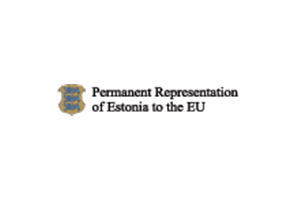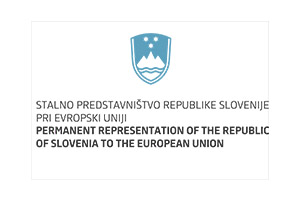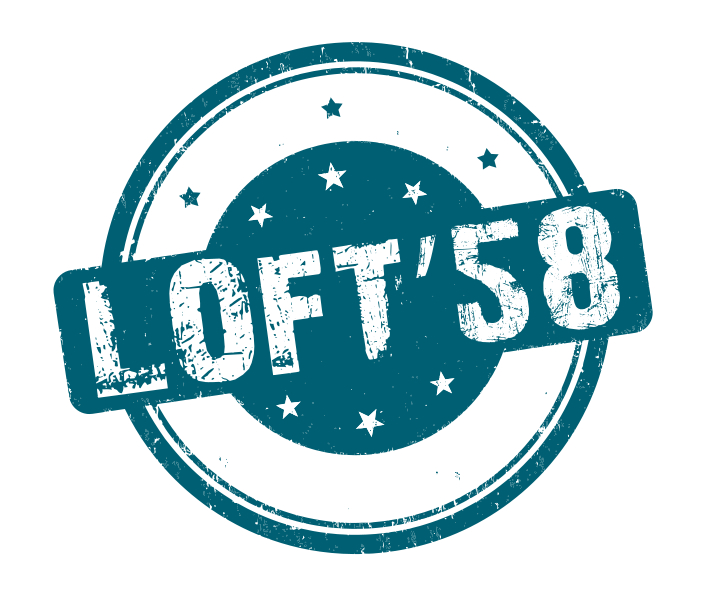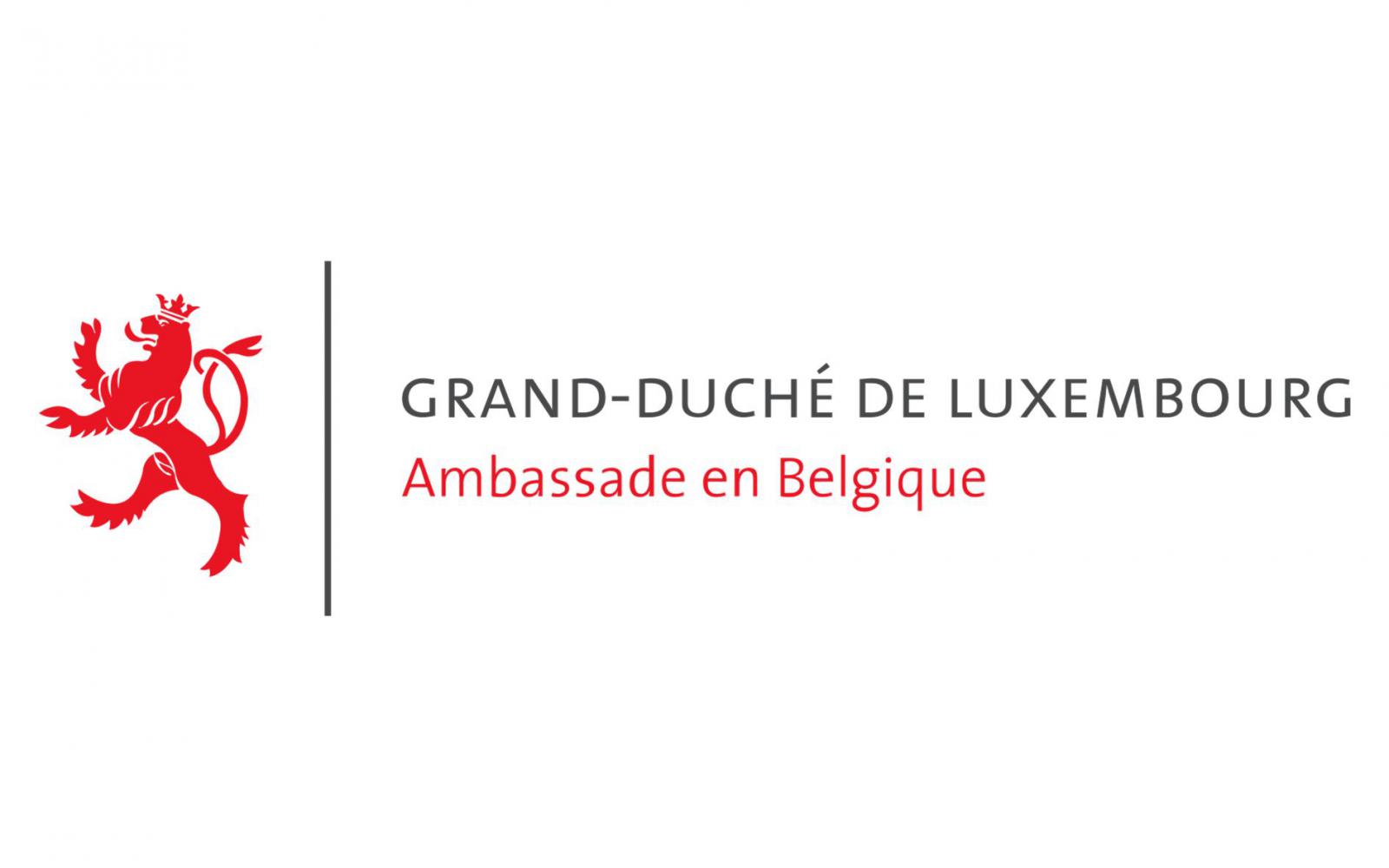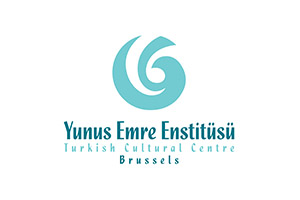Find a poet
Latest updates
-
TRANSPOESIE 2025
09/24/2025 -
Transpoesie 2025 - Programme
09/24/2025 -
Transpoesie 2025 - Open Call
04/16/2025
Viivi LUIK
Viivi Luik, sündinud 1946. a, on kaasaegse eesti kirjanduse üks väljapaistvamaid esindajaid. Tema luule paelub lugejaid musikaalsusega, mida sageli iseloomustab ümbritseva tajumine ja tunnete väljendamine looduse, selle saladusliku ilu, helguse ja kõikehõlmava hapruse kaudu. Tema luules kajastub selgelt teekond maapiirkonna loodusest linnakeskkonda. See kontrast ilmneb eriti selgelt tema lastele kirjutatud luules. Viivi Luige romaan « Seitsmes rahukevad » (1985), milles vaadeldakse maaelu pärast sõjajärgses Nõukogude-Eestis lapse silmade läbi, on üks parimaid Eestis ilmunud romaane ja seda ka tänu väljapaistvale ja omapärasele keelekasutusele. Olles varasemalt töötanud arhivaari ja raamatukoguhoidjana, on Viivi Luik alates 1967. aastast elukutseline kirjanik.
(c) photo: Piia Ruber
Viivi Luik, born in 1946, is one of the most treasured writers of contemporary Estonian literature. Her poetry captivates audiences with its musicality often characterized by perceiving the world and reflecting feelings through nature, its mystic beauty, clarity and all-embracing fragility in words. In her poetry the journey from the nature of the countryside to the city has been evident; the contrasts seem to be especially sharp in her excellent poetry for children. She has written plays, essays, novels and children literature. Her novel The Seventh Spring of Peace (1985 ), observing country life in post-war Soviet Estonia seen through a child’s implacable eyes, is one of the most outstanding Estonian novels that has appeared – also because of its interesting representation and use of language.
Having worked as an archivist and librarian, since 1967 Viivi Luik has been a professional writer.
(c) photo: Piia Ruber
Viivi Luik, née en 1946, est l’un des figures majeures de la littérature estonienne contemporaine. Sa poésie, d’une grande musicalité, accorde une place centrale à la nature, à sa beauté mystique, sa clarté, sa fragilité, à la fois reflet des sentiments et voie d’accès privilégiée au monde. La campagne a toutefois été remplacée dans ses textes par la ville, en particulier dans son œuvre poétique destinée aux enfants. Viivi Luik est également l’auteur de romans, de pièces de théâtre, d’essais et de récits pour la jeunesse. Son roman Le Septième printemps de la paix (1985), considéré comme l’une des œuvres les plus marquantes de la littérature estonienne, décrit dans une langue somptueuse la vie dans un village d’Estonie du Sud à l’époque stalinienne, vue à travers les yeux implacables d’une petite fille. Après avoir travaillé comme archiviste et bibliothécaire, Viivi Luik vit de sa plume depuis 1967.
(c) photo: Piia Ruber
Viivi Luik (geboren in 1946) behoort tot de meest gewaardeerde schrijvers van de hedendaagse Estische literatuur. Haar poëzie houdt zijn lezers in haar ban met haar muzikaliteit. Dikwijls weerspiegelt die een perceptie van de wereld en gevoelens via de natuur. Luiks gedichten worden gekenmerkt door mystieke schoonheid, helderheid en een intrigerende breekbaarheid van de woorden. In Luiks poëzie is de reis van de plattelandsnatuur naar de stedelijke omgeving duidelijk zichtbaar. Vooral in haar uitmuntende kinderpoëzie lijken de contrasten scherp. Naast gedichten schreef Viivi Luik toneelstukken, essays, romans en kinderliteratuur. Haar roman De zevende vredeslente (1985), waarin het plattelandsleven in het naoorlogse Estland door de onverbiddelijke ogen van een kind wordt waargenomen, behoort tot de hoogtepunten van de Estische literatuur, mede door het interessante gebruik van de taal.
Na eerder als archivaris en bibliothecaris te hebben gewerkt, is Viivi Luik sinds 1967 professioneel schrijver.
(c) photo: Piia Ruber

 Piia Ruber.jpg)
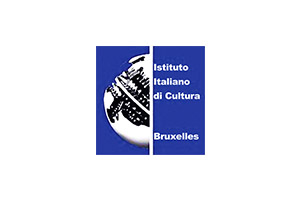
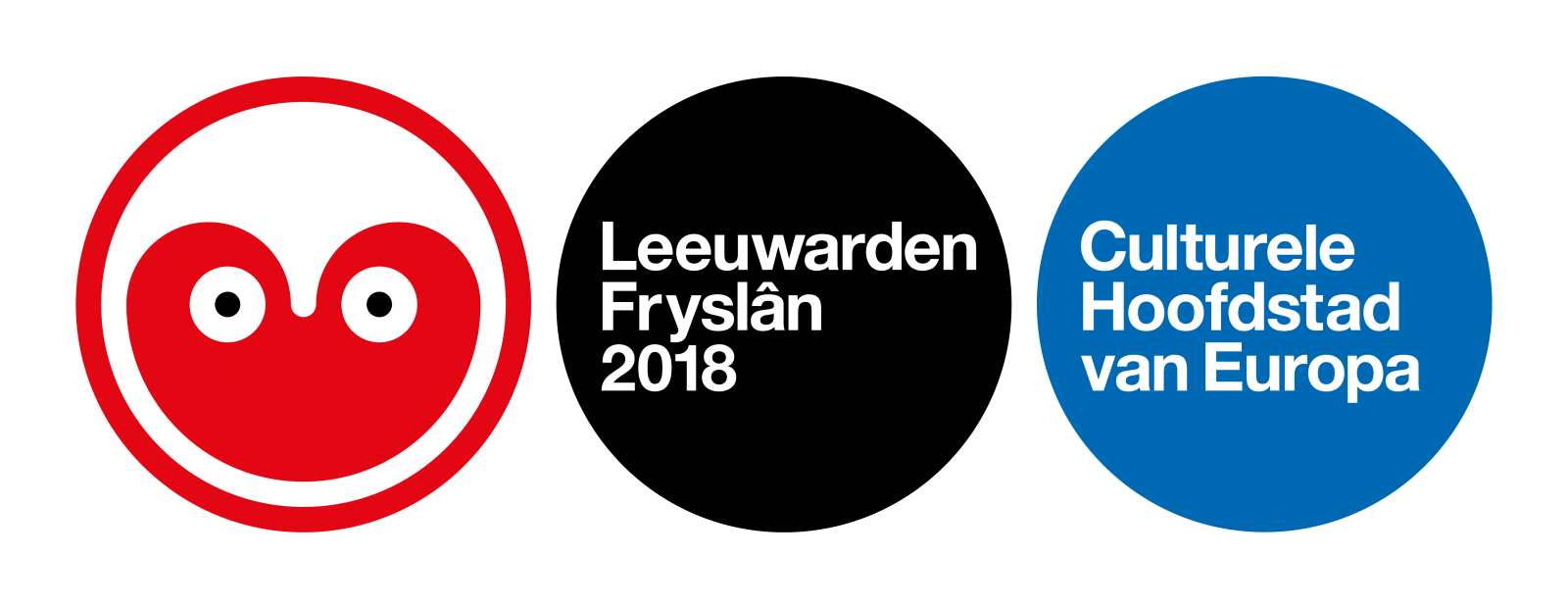
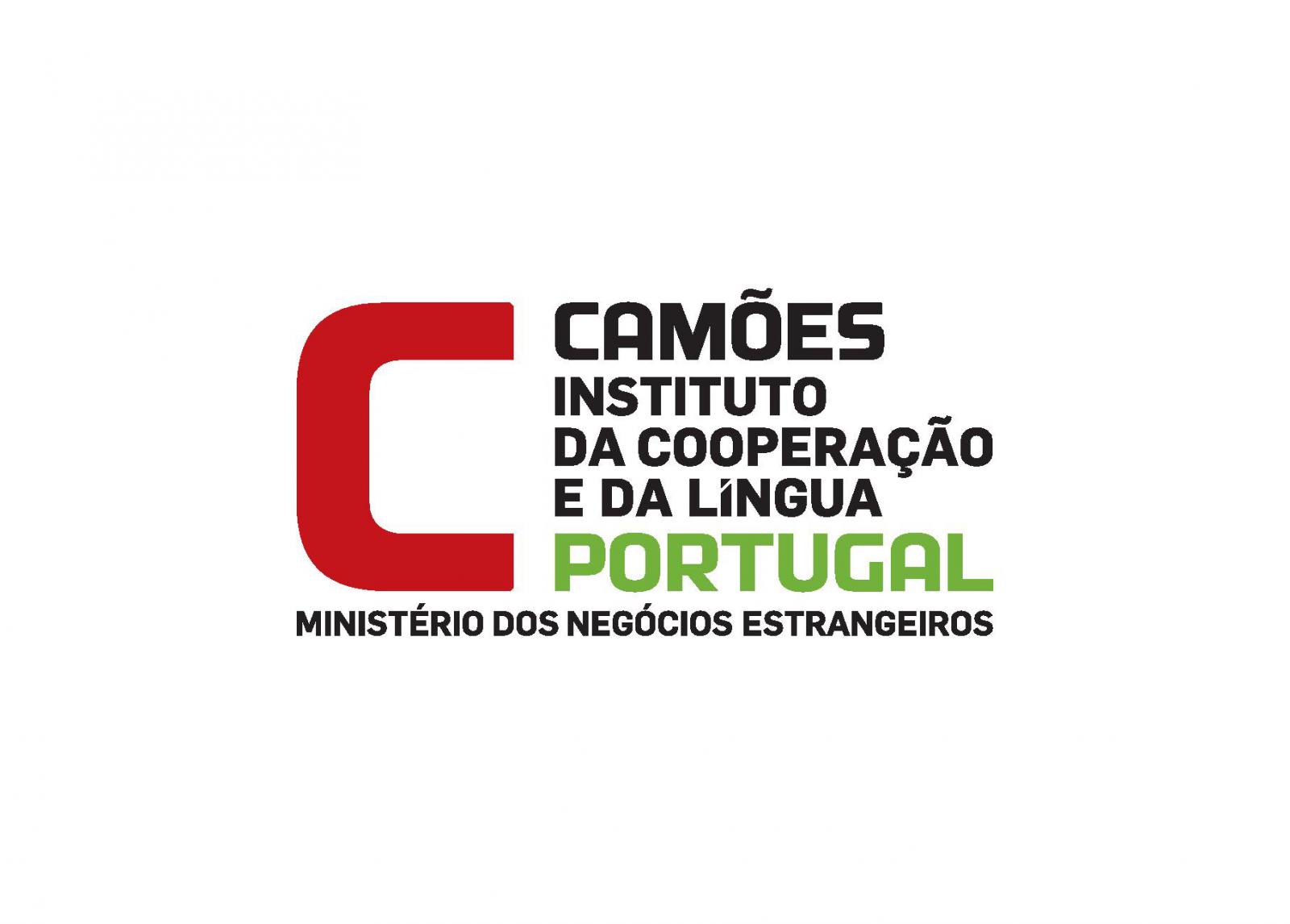

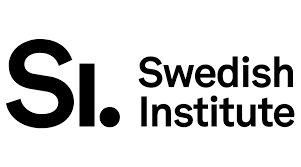
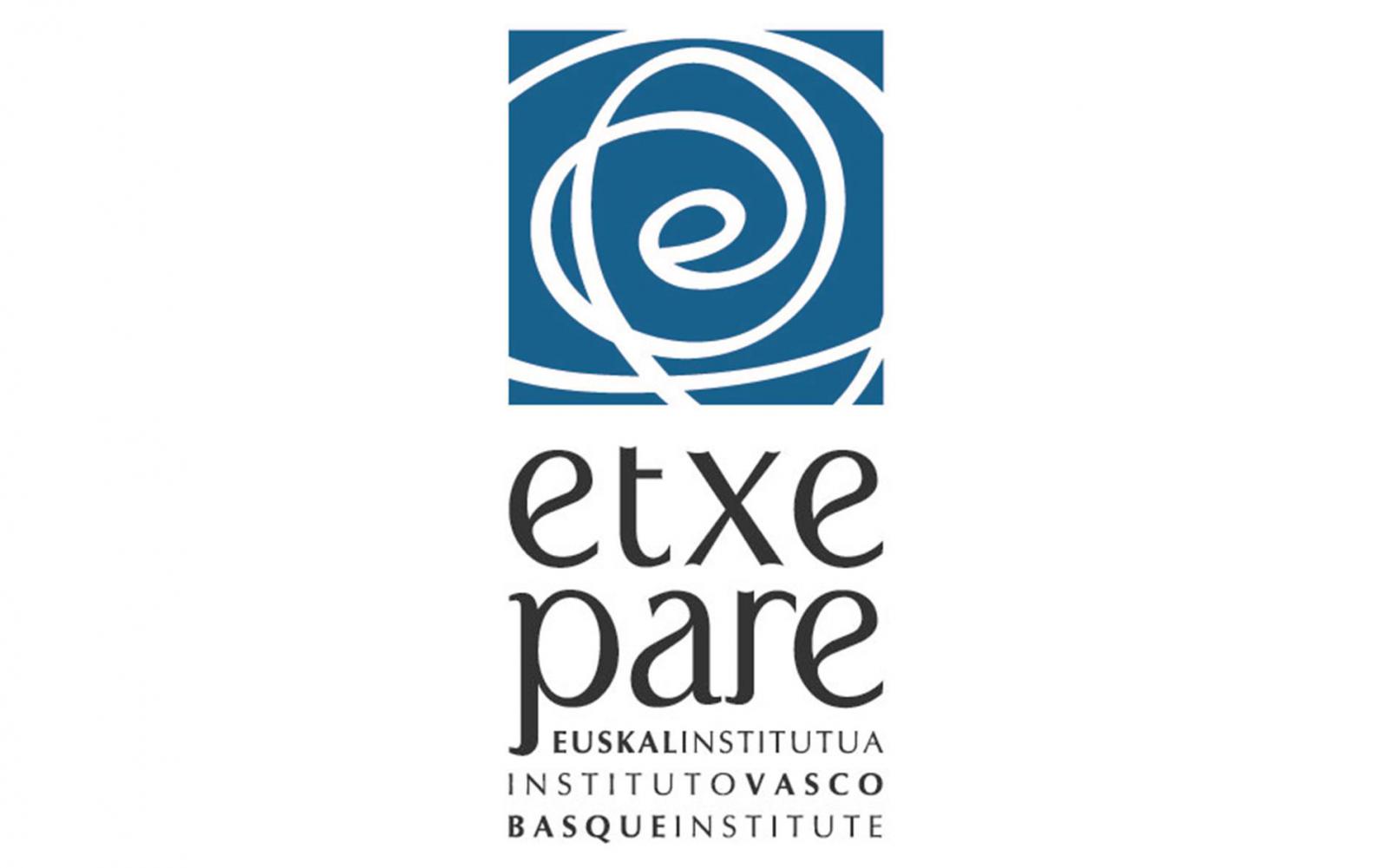
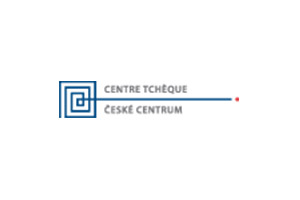
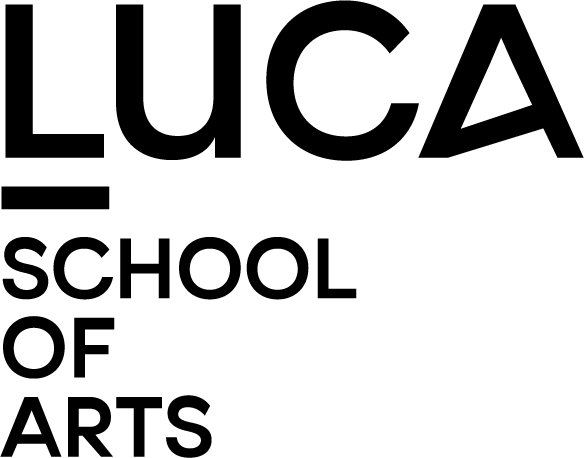
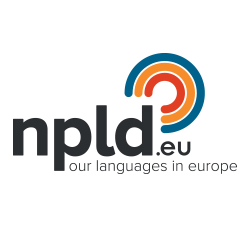
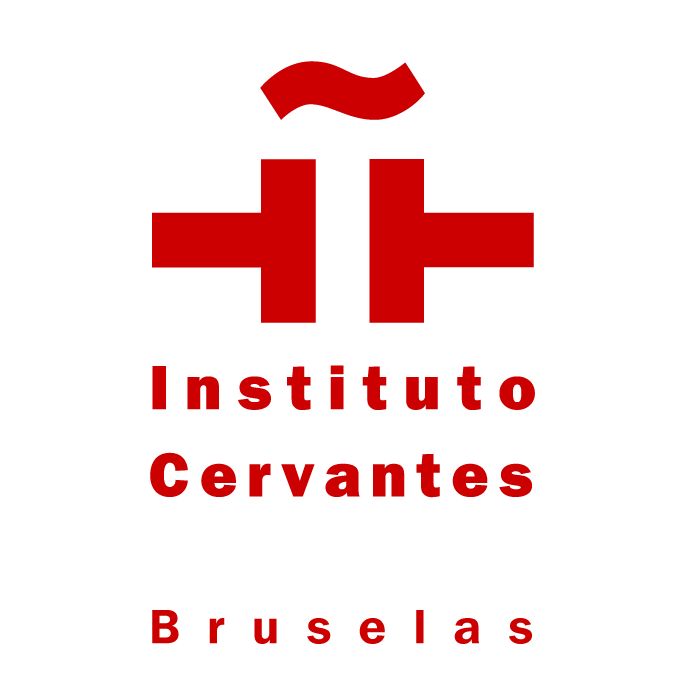
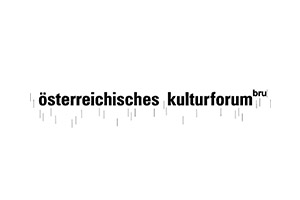




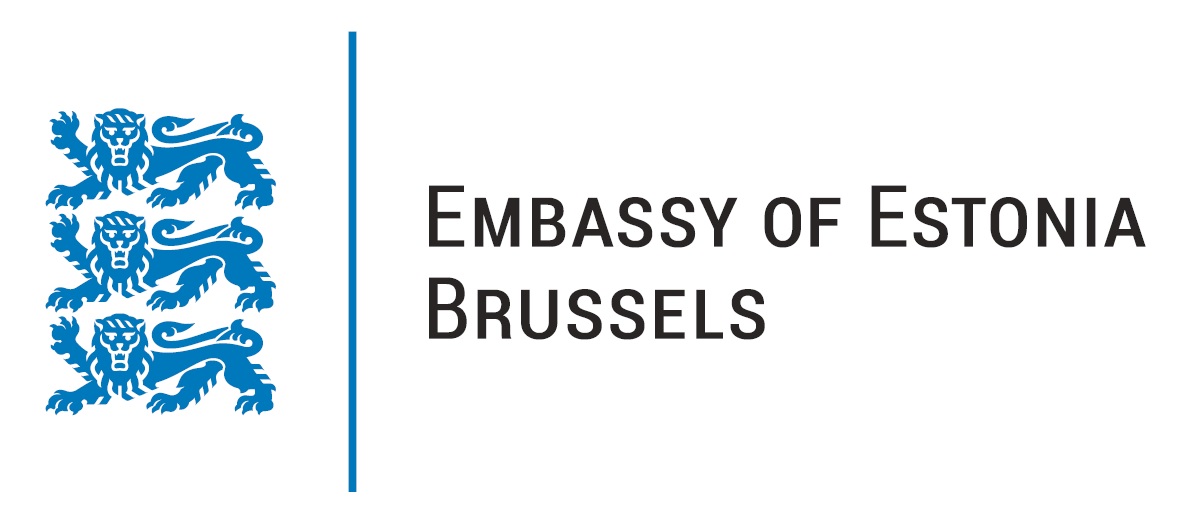
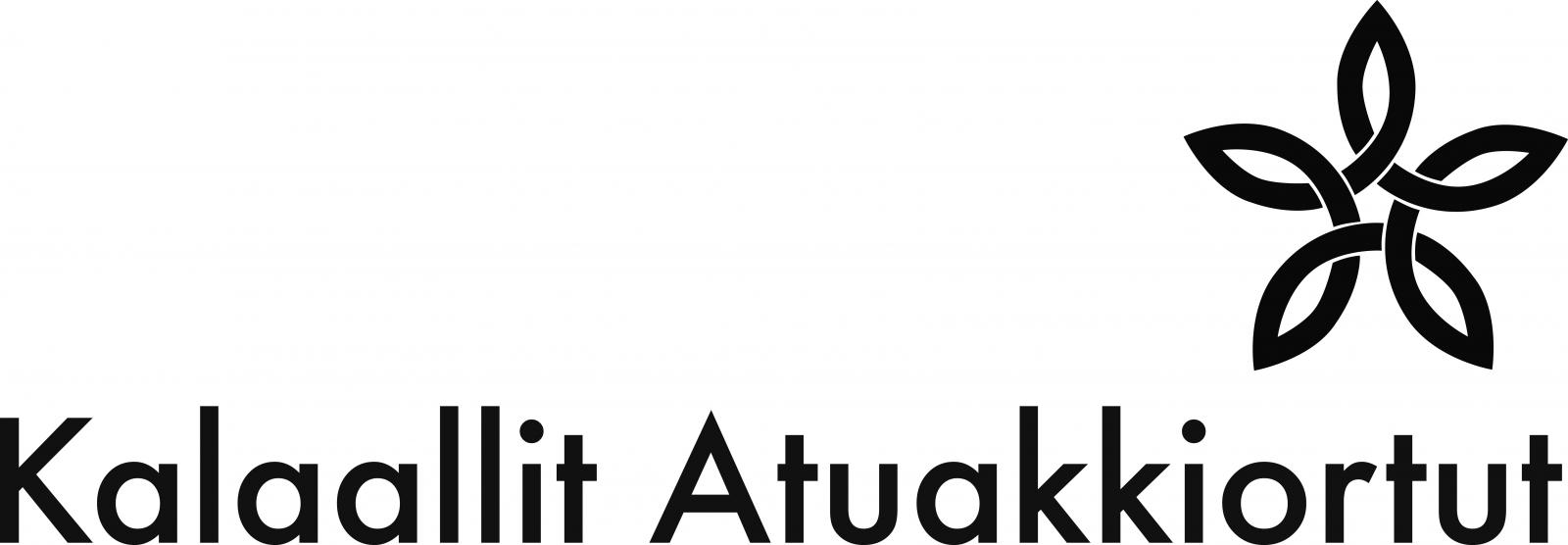
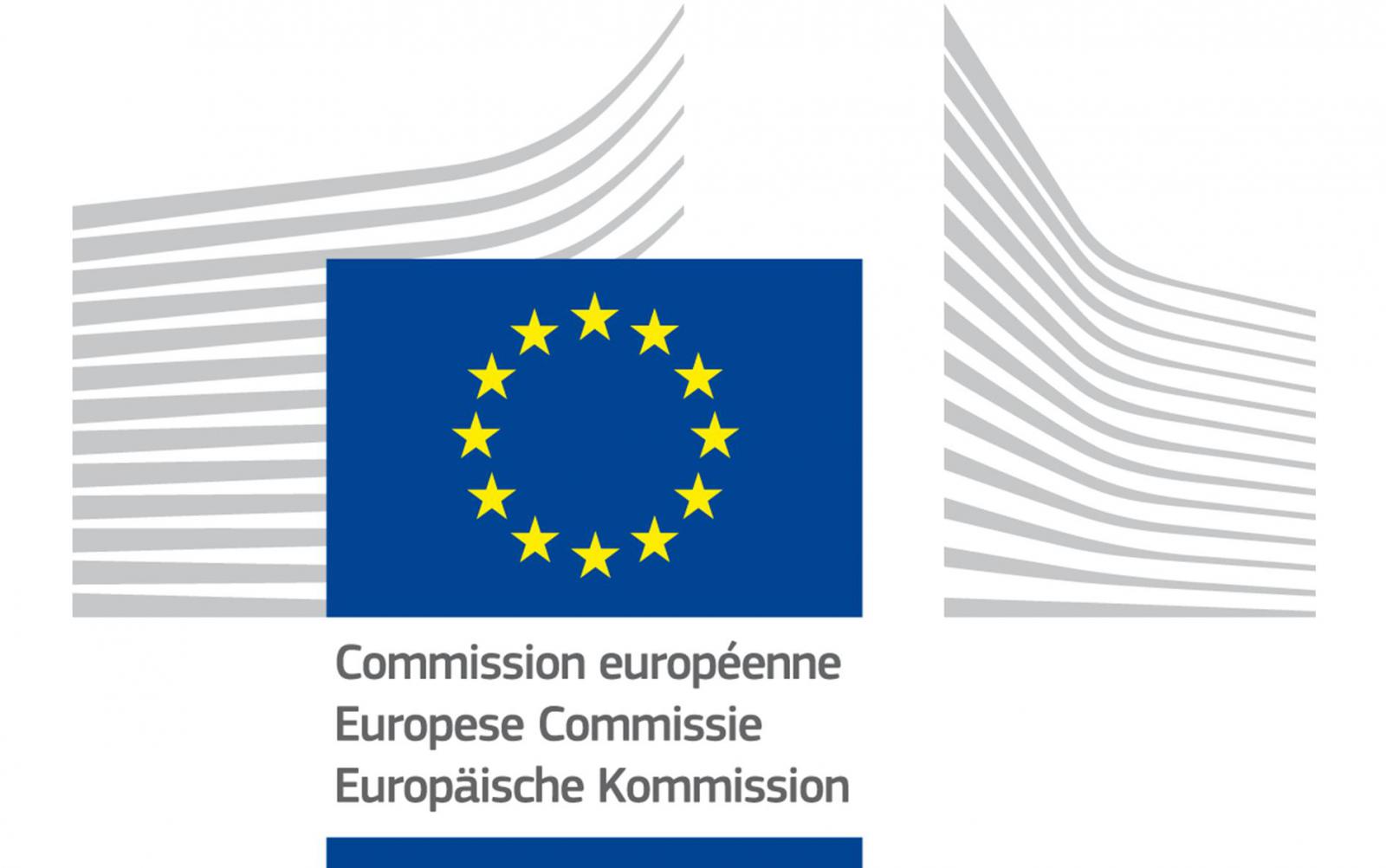
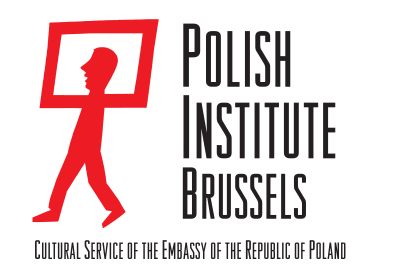
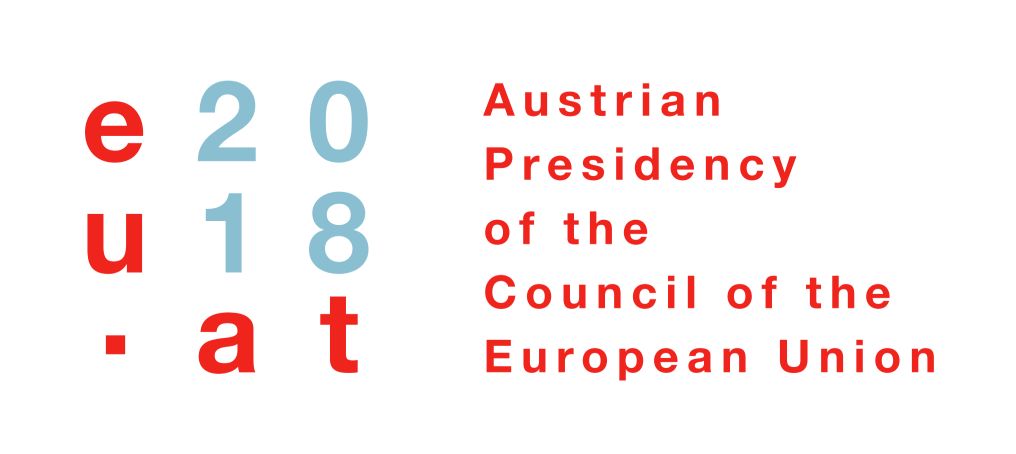
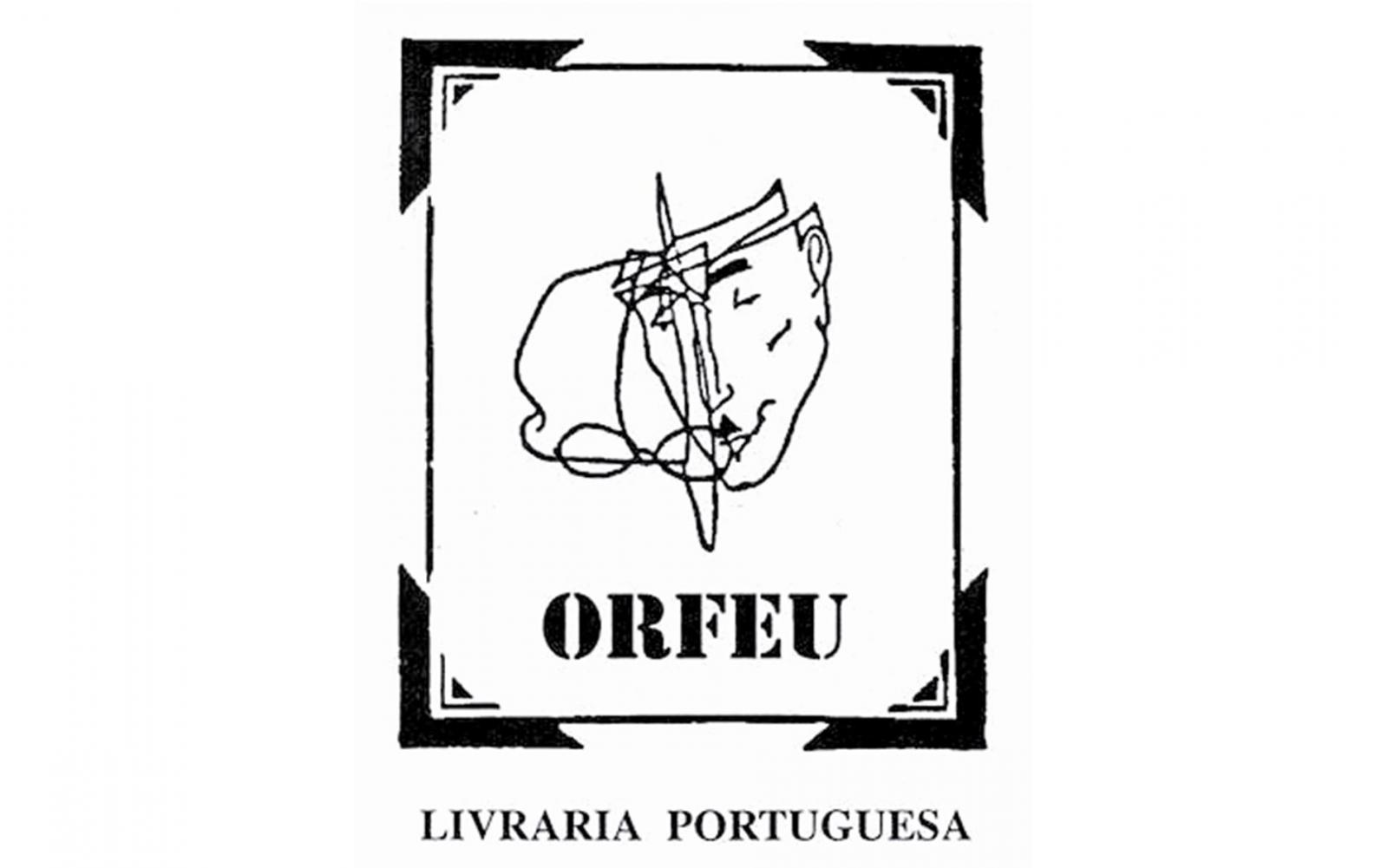

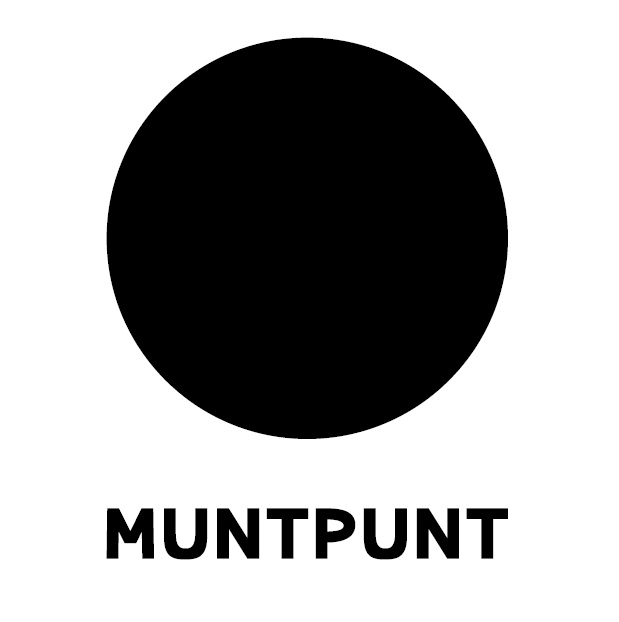
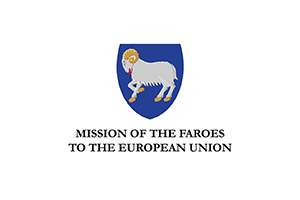
/RO - on the website.png)





